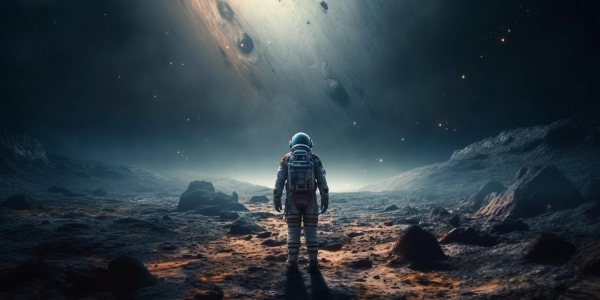Taste of Science with Ryan Ogliore, Paul Byrne, and Jeff Gillis-Davis on Space Exploration
Sample Return from Asteroids, and Beyond! (Ryan Ogliore, Washington University, Department of Physics)
The origin of the Solar System as we know it today is encoded in the stuff that makes up the Sun, planets, moons, asteroids, and comets. Laboratory techniques have the precision to answer important questions, but how do we get the worlds of our Solar System into the lab? I will talk about the "astromaterials" we have studied, what we learned, how we got them, and how we plan to get more in the future.
Forward to the Moon: Science and e=Exploration of the 21st Century Space Race (Jeffrey Gillis-Davis, Washington University, Department of Physics)
Unlike the sixties, when only two countries were vying to finish the race to the Moon first, today, more than six countries and private industries aim for the Moon. The US, China, Europe, and Russia have announced plans to return humans to the lunar surface between 2024 and 2030. The main reason for this renewed space rush is the discovery of water on the Moon, which boosted its importance as a launchpad for space exploration to Mars and beyond. Gillis-Davis will talk about discoveries lunar scientists hope to make and what these findings can tell us about the Earth and the inner Solar System.
Why is Venus Not Earth's Twin? (Paul Byrne, Washington University, Department of Earth, Environmental, and Planetary Sciences)
Byrne will discuss why Venus and Earth are so similar on paper, how they're anything but in real life, why the two worlds might be so different, and what that might mean for understanding the habitability of our own planet.

